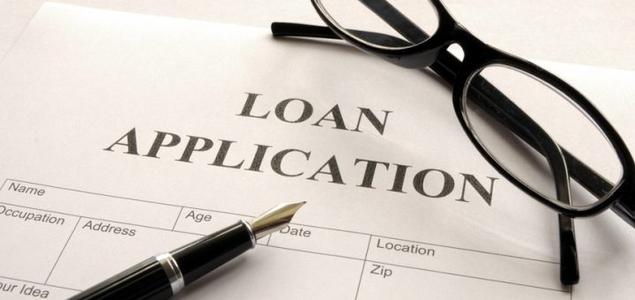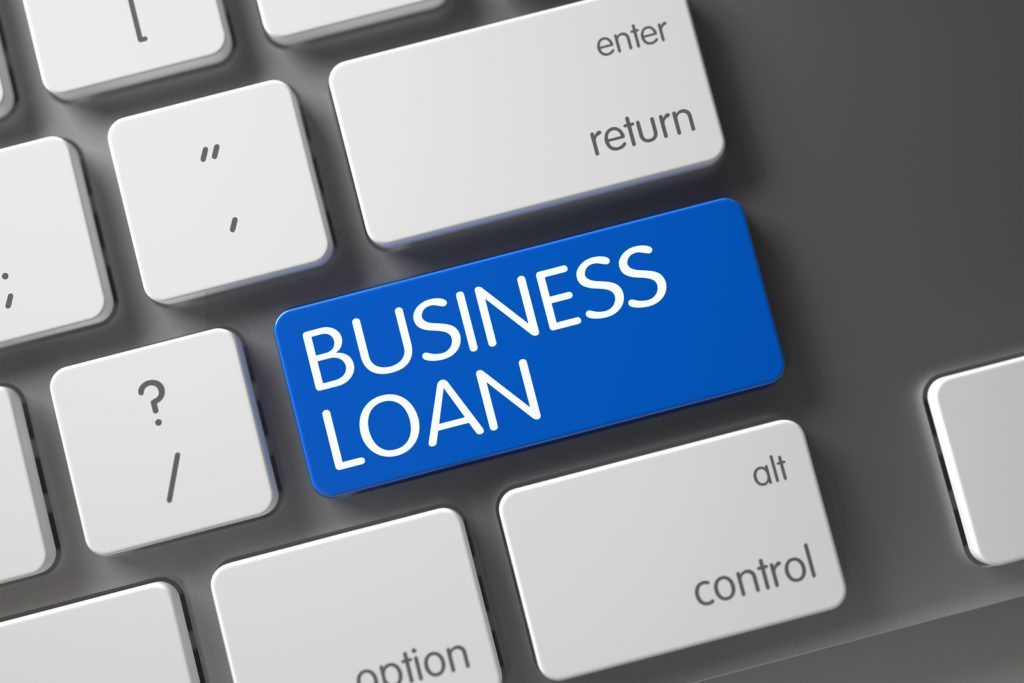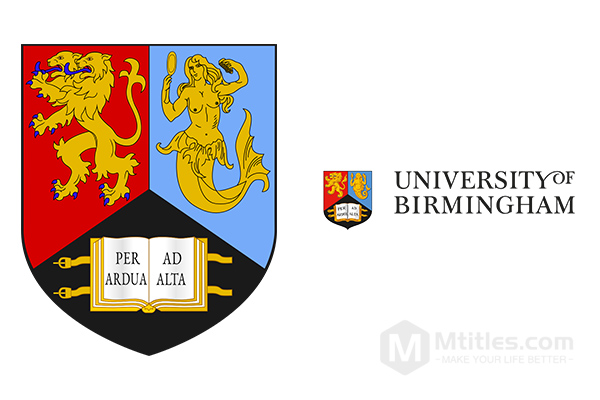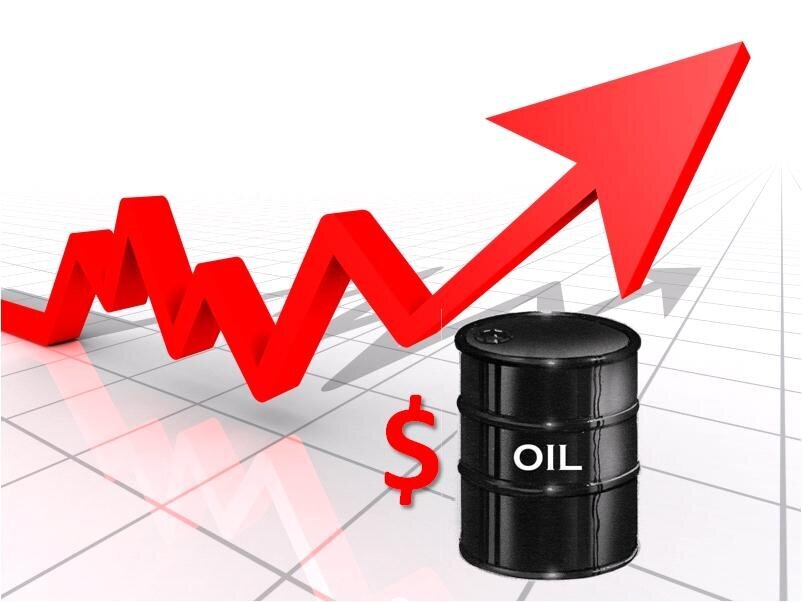Golden Moment to Pay Off Your Credit Card (1)
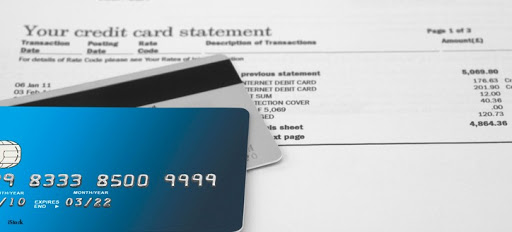
For novices, it's important to know when you should pay off your credit card. Although the credit card card card reward is high, usually high credit card returns but the same interest is very high. Especially if you accidentally use a credit card to withdraw cash, or which month forgets to pay back the money, before the hard-earned little cashback are all returned to the bank. And credit cards payments at different times actually have an impact on credit scores. So here's a credit card for everyone which tell you when pay it back?
Credit cards billing cycle
To decide when to pay off a credit card, first we need to look at the credit card billing cycle. In this section, all of the bills discussed are those generated by your purchase, not cash withdrawals (Cash Advance) and Balance Transfer.
To understand the billing cycle, we need to understand some nouns.
closing date: We can understand the settlement date of the credit card account, calculate your full balance balance
statement balance: This number generally comes from all your arrears in the previous cycle , interest and fees, which will calculate all the arrears you should pay for the next cycle.
Billing cycle: A full billing cycle starts with the closing date of the previous bill and ends with the date of this cycle
Due Date: Due Date is a date before which you pay off the balance of the statement calculated by the previous closing date, so you won't earn interest. This due date is constant every month (you can ask the bank to change, but the bank itself can't change your due date on its own).
Minimum due: Often the bank sets you a minimum payment due in the date, which means a minimum repayment limit, and if you don't pay it back, the bank will charge an extra fee (fee $25) while the interest will be calculated and there is a good chance that you will be given an interest rate in the future.
Grace Period: Interest-free period, if you pay off all the money before the last due date, then your consumption during this billing period can enjoy the interest-free period, from the beginning of your purchase until the bill close date after the corresponding due date in the next billing cycle.
When shall we pay the money back? How much else? (Simplest Edition)
Simply put, after each closing date, you can check (or receive) your billing statement on the online bank, which says you have to pay the statement balance, and you will not be charged interest if you pay it before next month's due date. Be careful not to just pay off the minimum payment due, or the bank will still charge you interest on the rest of your income based on The Annual Rate.
For example: My AMEX credit card's closing date is October 22, AMEX calculates for me the Statement Balance is $400; the due date is November 16; the minimum due is $35; and Grace Period: October 22 - November 16.
Well, as long as I pay $400 for this credit card before November 16, I won't be charged interest. At the same time, I have a Grace Period because I've been paying back the full amount before. During this period, I can continue to use this credit card to spend without paying this $400. As you can see, my total balance is $605.96, which means I've spent $205.96 again and haven't paid it back yet. The only thing I have to do is pay AMEX $400 before November 16, and there will be no interest. This $400 will automatically pay For Statement Balance instead of $205.96 above me
If you don't want to pay interest, pay off all your money before the due day each month.



